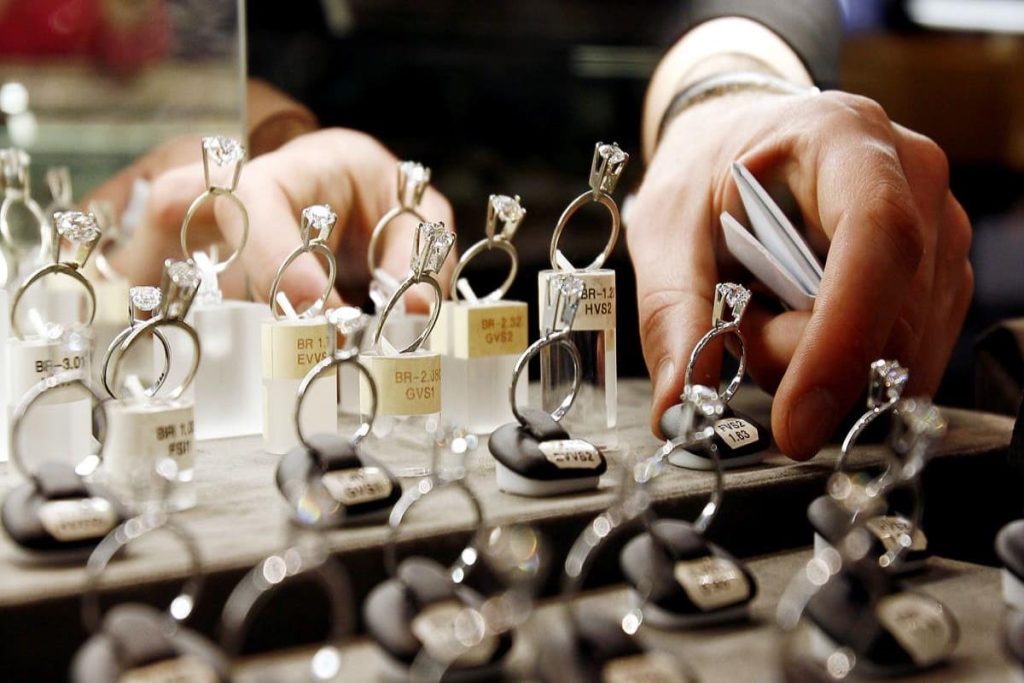The Kimberley process is a global initiative which aims to help people stop the trade of diamonds and other gems that are illegal in many countries. The process is based on human rights and is voluntary.
It is an international agreement
The Kimberley Process is an international agreement that is implemented through governments, civil society and industry to prevent the trade in conflict diamonds. It includes 59 member countries and a wider industry. The Kimberley Process was formed after the UN Security Council imposed an embargo on the trade of conflict diamonds.
The Kimberley Process is an ongoing initiative that is designed to improve the lives of people living in diamond-producing countries. It has achieved some success in that it has contributed to the stability of these countries, but it has faced numerous political and technical difficulties.
Investigations
Although it is a consensus-based organisation, the Kimberley Process has faced numerous enforcement issues throughout its short history. The organization does not have dedicated staff or resources to conduct in-depth investigations.
However, the process has been instrumental in contributing to the peace and security of many of the countries involved in the trade of conflict diamonds. Despite some technical and financial obstacles, The kimberley process has provided a voice for the participating states and facilitated a constructive engagement between industry and the private sector.
It is voluntary
The Kimberley process is a voluntary, but not a non-existent, diamond certification scheme. Although it has been around for some time, it has not yet quelled the plague of blood diamonds, an egregious act of hubris on the part of certain nations, such as Botswana and Zimbabwe. Nevertheless, the process does manage to certify that a shipment has indeed been made, without being the party that tainted the sale in the first place.
The Kimberley process is an interesting conglomerate of a number of gem-mining nations. The gist of the matter is that there are no official statistics regarding the number of illegal shipments that pass through each of these countries. Thankfully, the US government has a robust network of diplomats and aid workers that help track down rogue operators and nefarious sources of diamonds, while helping to put a dent in the human rights abuses that accompany the trade. This has in turn contributed to the success of the program.
It is based on human rights
The Kimberley Process (KP) is an international initiative aimed at preventing the trade in diamonds that are used to finance wars and rebel movements. The process unites governments and industry players to ensure that diamonds traded in the international market are clean. It meets twice a year.
The Kimberley Process was launched in 2000. Its first meeting took place in Kimberley, South Africa. The organization is made up of 50 participating countries and a larger number of observers.
The Kimberley process is a great example of the ability of civil society to bring about change. But the process is often criticized for lacking Lab grown diamonds transparency and accountability. It has few penalties for violations, which makes it difficult to monitor human rights.
It is a global initiative
The Kimberley Process (KP) is a global initiative that works to eliminate the connection between rough diamond trading and armed conflict. It is a unique collaboration between the public and private sectors. Participants include governments, industry umbrella groups and Observer delegates.
The diamond industry has a role to play in the process, and the Kimberley Process Certification Scheme, introduced in 2003, sets standards for rough diamond trade. The KPCS is administered by a rotating committee of participating governments. The United States of America, South Africa and the Democratic Republic of Congo are among the current chairs.
In May 2000, Southern African diamond-producing nations met in Kimberley, South Africa to discuss ways to stop the trade in conflict diamonds. The group formulated the Kimberley process, a multilateral trade agreement that would prevent “conflict diamonds” from entering the mainstream rough diamond market.
Last speech
The United Arab Emirates proposed establishing a permanent secretariat for the process, and the ministry of foreign affairs of the UAE also called for more engagement by civil society. It also stressed the importance of the tripartite nature of the Kimberley process.

